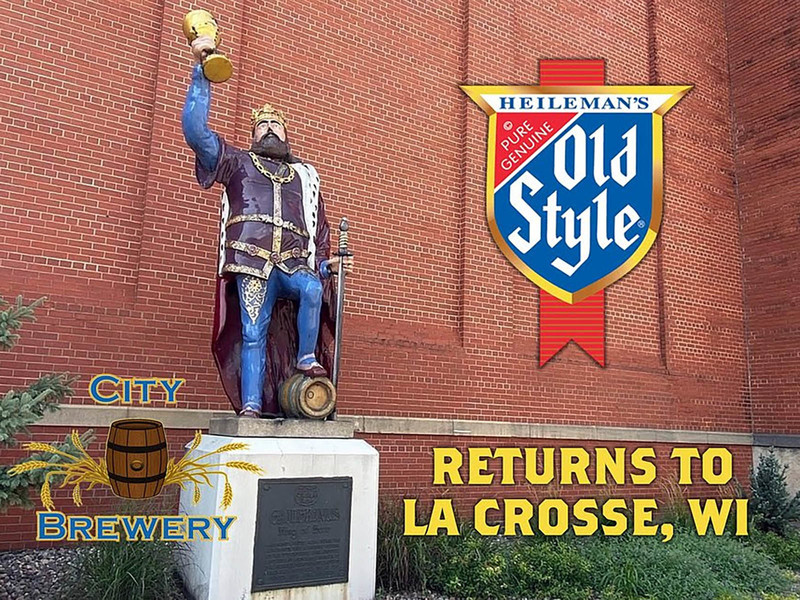Everywhere Kevin Cullen looks he sees ghosts.
From the shipwreck sites at the bottom of Lake Michigan and subterranean storage cellars of long-shuttered breweries, to the house where you go home to sleep at night; Cullen's Milwaukee is one where the past rubs shoulder with the present.
And as staff archeologist at Discovery World and head of the Distant Mirror program, he wants to change the way you see the city, too.
"There is so much interest in the past in this city and there is so little known," Cullen said.
Cullen, who was hired at Discovery World after getting a masters degree in museum studies at the University of Wisconsin-Milwaukee, was born in Ireland in a home visited by Jonathan Swift in the 1600s. Growing up he made playgrounds of the abandoned castles and graveyards that dotted the Irish countryside before moving to northern Wisconsin in his teens.
"It was a great place to spend my early childhood. There is so much history there and I kind of took to anthropology and archeology because I had that experience. So it was very easy to jump into learning about world history and world cultures," Cullen said.
Cullen has been busy breathing life into the center's Distant Mirror project, a multi-pronged program that promotes the documentation and preservation of the city's past and present on both grand and personal scales.
With a background in both terrestrial and maritime archeology, Cullen was a perfect fit to help uncover the distant and recent past of this lakeside city.
"Our director likes to say that 'Most of Discovery World is outside of this building.' It's kind of the launch pad. In that regard it's perfect for the field of archeology because what we need to study is outside the building," Cullen said.
Two of the most popular programs Cullen has started focus on the city's illustrious brewing past and enduring taste for beer.
In the "Ale Through the Ages" program Cullen gives insight into the historical origins and social importance of beer while instructing participants as they brew and bottle their own ancient and traditional ales.
Cullen also teams with local brewing historian Leonard Jurgensen in the "Legacies of Milwaukee Brewing" history tours, which take participants to important brewing-related historical sites across the city.
"Milwaukee has quite the appetite for it, so it's become quite popular very quickly," said Cullen, "It only made sense to apply these brewing programs to our own city to do urban expeditions to local brewery sites and historical ones."
Although the brewing legacy tours are on hiatus through the winter, a Jan. 6 "Ale Through the Ages" program will teach about Middle Ages brewing practices in Northern Europe, and attendees will be making the ancient spiced ale Gruit.
In his research with Jurgensen Cullen has turned up documentation of long-ago demolished breweries as well as ones that were converted to other uses and still stand anonymously in some Milwaukee neighborhoods.
"Most of them have just fallen off of many radars. ... You look at some of this and it just makes you cringe to think of some of these opulent structures that stood there that are now gas stations or parking lots," Cullen said.
Whether using underground imaging to find the foundations of a forgotten neighborhood in Juneau Park, diving into the depths of Lake Michigan while documenting shipwrecks, or teaching kids how to find out about their ancestry, Cullen said his work has given him a deep connection to the city.
"It gives me a profound respect. It articulates the American experience and the Industrial Revolution in an immigrant town, I being one of the most recent immigrants into this city," said Cullen.
"It frames your perspective and that's what the Distant Mirror program espouses, is to try and get people to look differently at your city for those ghost signs as we call them. Or even to just recognize an old building or the date on a corner stone."
The next "Ales Through The Ages" program is Jan. 6 starting at 6 p.m. Tickets are $15 for members and students and $20 for non-members.







